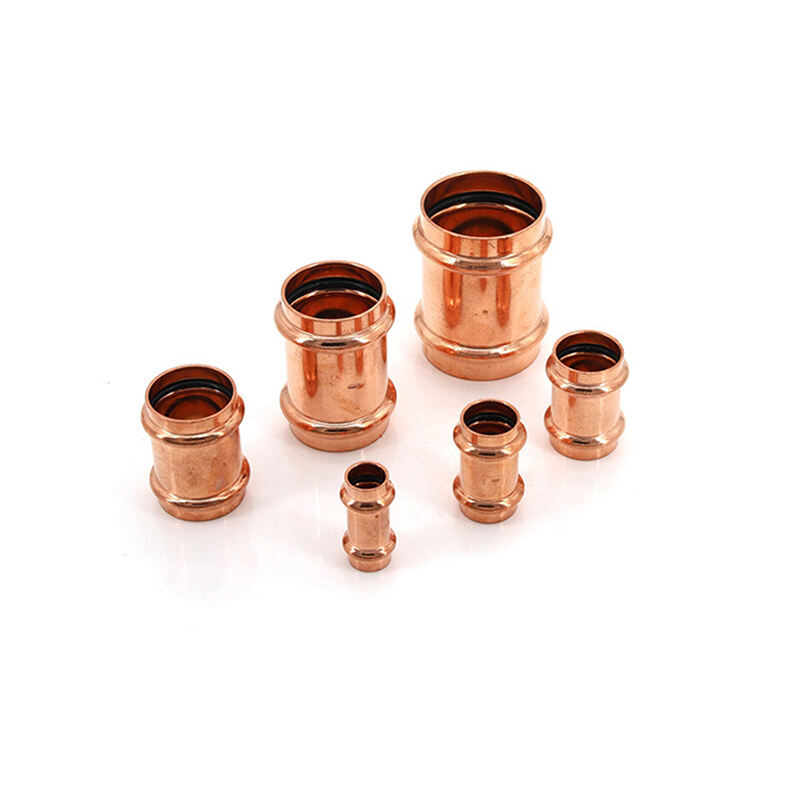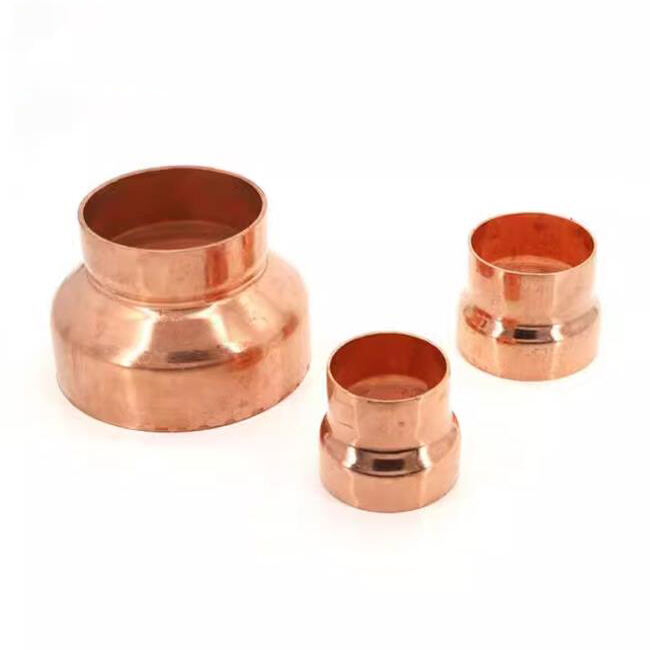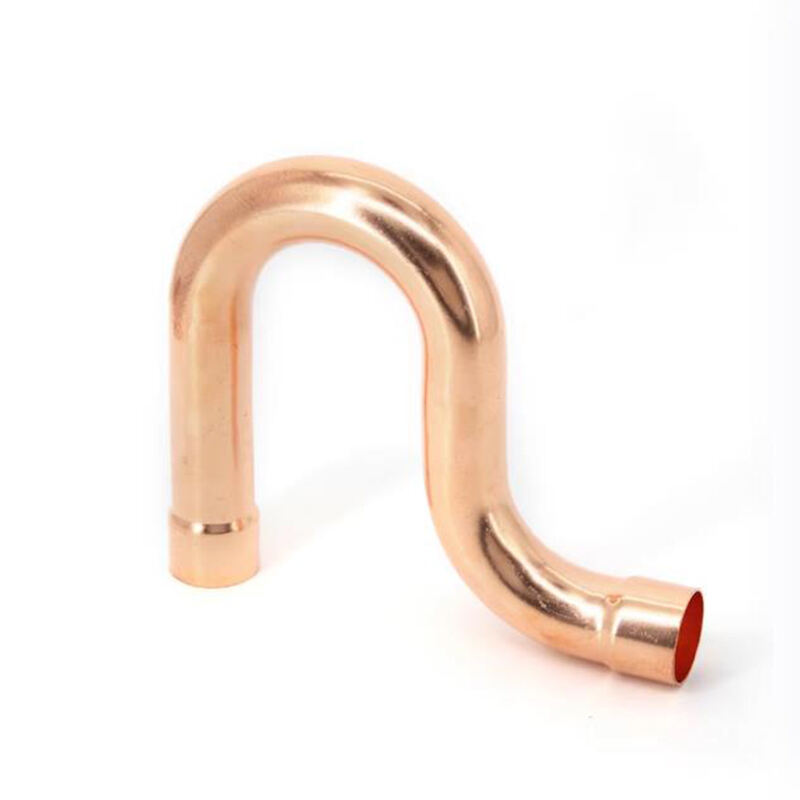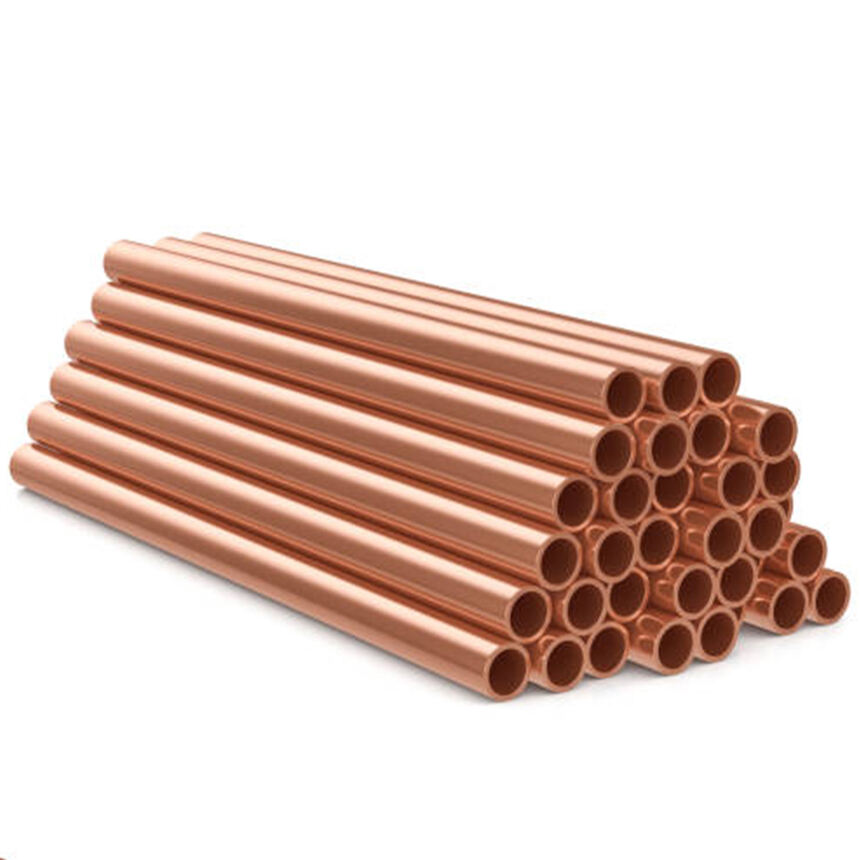Air pipes play a huge role in the daily grind of modern industrial operations. You find them in any place that relies on pneumatic power, chill operations, or compressed-air grids. The job of these pipes is to carry air at proper pressure and volume, making sure machines work like they should. Skimp on quality, and the fallout shows up as uneven airflow, poor performance, and stranger bills from unscheduled downtime.
Keeping airflow consistent is non-negotiable. Machines expect an even diet of compressed air, and pipes are the delivery system. Good pipes leak next to nothing and keep pressure steady. Stability means gear runs efficiently and lasts longer. Let a cheap alternative betray you, and leaks crop up. Those leaks force the compressor to kick in more often, burning more energy and dollars.
For industrial operations, energy bills are among the biggest line items. Air pipes help keep that figure in check. The right pipes limit leaks, which stops the compressor from muscling beyond its job. Efficient piping systems hold pressure in, and that lowers energy consumption while cutting carbon output. Choosing quality pipe is smart on the books and the balance sheet.
Enhancing Safety in Operations
Air pipes don’t just keep production lines running smoothly; they also keep workers safe. A broken or cracked line can release a blast of high-pressure air, creating a serious hazard and damaging machinery. High-grade air pipes are built to withstand the heavy pressures found in factories, keeping those bursts from happening and keeping the workplace safe for everyone.
Supporting Versatility in Applications
Pneumatic pipes do a lot more than just power drills. They also help in moving materials, spraying coatings, cooling parts, and running robotic arms. Because they can perform so many jobs, they are found everywhere—from car assembly lines to microchip factories, and even in food packaging and high-rise construction. This broad use is why solid air piping systems are a smart long-term investment for keeping factories flexible and future-ready.
Reducing Maintenance and Downtime
Regular repairs can eat up a plant’s productivity, but rugged air pipes change that story. When pipes resist corrosion and wear, they require less fixing, and systems can keep running. This durability means fewer spontaneous shutdowns, so factories can produce continuously. Strong, carefully designed pipes also cut repair bills, showing that the right choice up front can really pay off.
Meeting Industry Standards and Sustainability Goals
Today’s industries can no longer treat compliance and going green as separate tasks. When air pipes are built to international quality and safety standards, they perform reliably and also help the environment. Take energy-efficient designs, for instance: pipes made to minimize leaks waste less air, which cuts energy bills and aligns perfectly with broader corporate sustainability targets.
Conclusion
Far from being mere add-ons, air pipes are the backbone of industrial productivity, safety, and dependability. They guarantee steady airflow, trim energy use, boost safety, and keep maintenance budgets lean. Together, these benefits raise the entire system’s performance. Choosing high-quality air pipes is therefore not optional; it is a crucial move for any facility that wants to thrive over the long haul.









